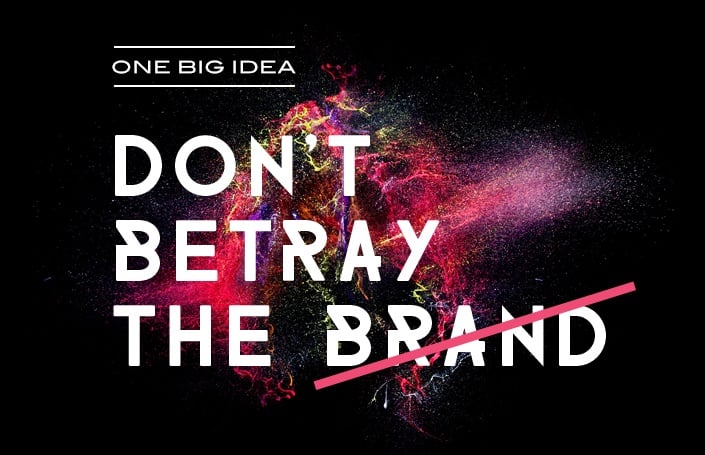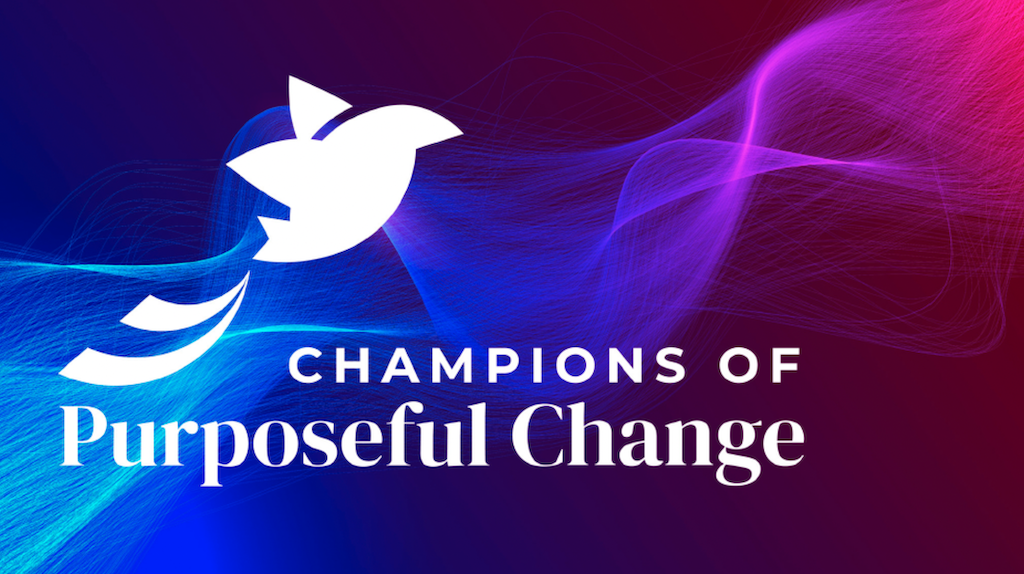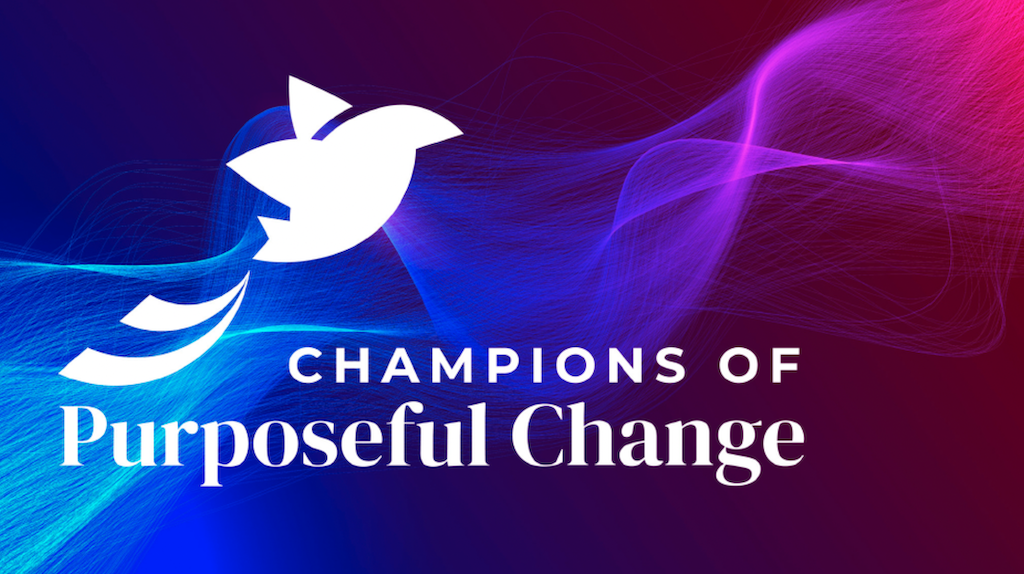One Big Idea: Don’t Betray the Brand

In this week’s episode, Bill explores the concept of brand betrayal – not in the sense that your can of Coke is going to stab you in back, but when a company explicitly deviates from the attributes or core values that the brand embodies. Brand betrayal can be very damaging not only to the short-term balance sheet but to the long-term consumer perception of the brand. Using the recent examples of Volkswagen’s Dieselgate scandal and the ‘edgy’ reincarnation of the Muppets on ABC, Bill demonstrates the value of a brand and the true cost of brand betrayal. If you like our podcast, please subscribe and leave us a rating!
Podcast: Download Subscribe: iTunes | RSSTranscription
Welcome one and all! This is Real-World Branding. I’m Bill Gullan, president of Finch Brands, a premier, boutique branding agency. This week’s topic is how to avoid, or at least think about, brand betrayal. Serious words perhaps but when a brand is seen as betraying its customer – through not just garden-variety ignorance or bad service, but coming up wanting in one of the attributes upon which its brand is ultimately hinged – that’s a big problem, not only short term but potentially long term. There are a couple of examples, both are close to home for me, that I’ve been thinking about the past couple of weeks, that may fit into the category of brand betrayal and for that reason may signal a long road back if at all [for these brands].
Those two are Volkswagen and the Muppets. On their face, they’re very different brands and businesses, at different times, but I’ll tie them together in a minute. Let’s start first with Volkswagen. It hits close to home because I own a Volkswagen. It’s not the car we drive the most but it is mine; I really like it. It’s been fun to become part of that brand ‘family’ and brand story over time. We all know from reading the news that there is a scandal called ‘Dieselgate’, about the company fudging its diesel emissions.
What has been widely covered is the potential financial impact, in terms of fines to various regulatory agencies. That calculation may reach up into the $20 billion range or well above. That’s obviously concerning. Volkswagen will be out billions of dollars, but what’s less widely covered is the possible perceptual impact on a brand that has made some pretty significant gains worldwide in recent years – especially if you include Audi its sister brand in those calculations. The ability that Volkswagen has (or doesn’t have) to recover from this will have more to do with how the scandal impacts the brands than just its impact on the balance sheet.
While considerable, the future opportunity for Volkswagen has to do with how the brand bounces back. This is a brand that’s occupied a special place in the pantheon of automotive brands. It’s been rare for its ability to simultaneously project both quality and humanity. Among those brands that are highly regarded for German engineering, Volkswagen has really stood out for being humorous, authentic, and having a perception of value compared to other German engineered brands that tend to populate the luxury end of the register.
So the question ultimately is, does Dieselgate represent large scale but garden-variety corporate malfeasance, or is this an outright betrayal of customers on the values that the brand is purportedly based? Does the fact that consumers have an increasing emphasis on environmental sustainability mean that Volkswagen will pay an even higher perceptual price, given that’s the area where they are thought to have been dishonest? This wasn’t just negligence but out-and-out dishonesty. Does that fact reflect a rogue few who need to be fired, tarred, and feathered, or a fundamentally fraudulent way of doing business? Ultimately, the ability that Volkswagen has to recover is in the difference between consumers saying “what a bunch of jerks” vs. “I will never buy another Volkswagen after this.” That is going to impact and most highly affect the resiliency of the Volkswagen brand. That’s much more of a branding than a financial question.
When we look at brands that have put forth that they represent a different way of doing business in a category that is mature, yet not entirely satisfactory, like the car business, Volkswagen has been thought to be cuddly, approachable, and transparent. When you look at another brand that has some of the same attributes, although different aesthetics, you look at Saturn – under the GM umbrella for a time. The fact that many Saturn drivers were really evangelists, because they’d had such good experiences with the company, they thought they were buying into something that was different. When a Saturn was a ‘lemon’ or just didn’t operate, that wasn’t just a case of “that’s unfortunate.” If I had a Chevy and it was a lemon, I’d say “that stinks” but if I had a Saturn and I was a brand devotee of Saturn, I would feel absolutely betrayed by the brand because of the high emotional currency of what it took to be a Saturn brand enthusiast in the first place.
Another example, a company that no longer exists, is Gateway Computers – with its cow hide outer shipper box and this home spun wisdom that it put forth as its ability to demystify, and bring computer parlance in the process of buying a computer, comfortably to an average person. When it turned out that the quality of the experience wasn’t what one might have thought, in terms of technology, the Gateway brand payed a terrible price – in part, because it had been held up as something different in its category. Many consumers had adopted it very emotionally on that basis. So the cost of brands or businesses falling short, particularly in a case where the brand is constructed upon emotional benefits, can be very high, if not well understood and well managed.
The answer is not to avoid being emotional and to set sights low in brand and business development. The answer is to make sure that one’s business culture and the folks that represent and make decisions around it are well steeped in what the brand stands for and are folks who live it day in and day out.
Which brings us to another brand that is on the edge, the Muppets. This hits close to home because I have a two and a five year old. In my car there are two CDs that we’ve played to the point of almost burning them out. One is the old Sesame Street Shower Sing-along from somewhere in the late 70s. It’s a little bit dated but it’s just so great and my kids love it. Of course they get to see Sesame Street day in and day out still on television and certainly licensed every which way but loose. Muppets is the other CD. It’s a ‘best of’ collection of great songs.
My kids never really saw the Muppet show but they wanted and got to see on YouTube. They grew to fall in love with these characters even though they don’t even know the context of the original variety show. They watched a little bit of one of the recent movies, but this is a brand that in my family was becoming really meaningful. We are well accustomed to seeing long-term brand franchises that change with the times, but the edgy way in which ABC has conceived the latest Muppets TV launch (to me and many millions of others) represents a significant departure from a brand that we cherished.
The Muppets was an early and enduring example, at least the initial variety show in the 70s, of an entertainment property that could simultaneously appeal to children by being cuddly and catchy, and to adults by having a wider sense of humor and more sophisticated sense of humor. You had Sam the American eagle that was a cute eagle puppet but was introducing the church people, Lane and Wanda, who were going to come out and sing the song and then they invariably had a chandelier fall on them. The joke for adults was that patriotism sometimes can be empty; the joke for kids was the cute eagle was there and these little Muppets were enduring endless humiliation in a funny Keystone Cop way. Amazing that the Muppets can do that. We’ve seen, in later years, other things that managed to make that happen.
Recent movies have contemporized the Muppet characters in subtle ways, but good grief the ABC relaunch of the Muppet show is unlike anything we’ve ever experienced from the Muppets. The new show is a mockumentary, set behind the scenes of Miss Piggy’s late night talk show. The characters are bitter, overly real, and upset. There are overt references to sexuality, substance abuse, politics, and well beyond. The new series, four episodes in, I think initially no doubt trading on the goodwill of the beloved past of folks from my generation, the ratings were really good but after one look of the new show the ratings took a steep nose dive. They have decreased ever since and there’s rumors of possible cancellation. It’s clearly not kid friendly. It seems also, unfortunately for them, that adults prefer to get their snark and angst elsewhere. They don’t need a Muppet of familiar character to help them scratch that itch, which they could do amongst a host of other entertainment properties.
What was Disney thinking? What was ABC thinking? It’s hard to say. Disney is in the business of making franchises. They make stars, they make families. ABC obviously reinforces that though they have greater short-term pressure. Maybe Disney had done a bunch a research, looked at the white space and they saw the greatest opportunity for the Muppets to mean something in a contemporary way is to be really mature yet still look and feel like the characters. I could see somebody thinking that sincerely that they were the right creative vehicle for adult topics. A hope, among the creators, that a contemporary Muppets would breathe new relevancy into the property. Another way to look at this is that, this might have been a cash grab. ABC needs to turn out hits, with a popular name and a low cost concept for a new generation. I doubt that the Henson family were involved or if their involvement would find value in that approach.
Any way you look at it, every indication is that this experiment will end soon. The question is whether or not Muppet fans, which it seems yearn for the most wholesome treatment of these characters, are willing to unsee this travesty. Whether they’re willing to continue to invest entertainment and consumer product dollars in this franchise and its star characters. Simply put, what is the level of the brands ability to withstand this? Or have the Muppets been spoiled forever? This was a very high profile launch. It obviously isn’t designed for, nor has connected with, kids of today. The question is, will adults [connect with it]? Maybe it was teen focused. I don’t know. It’s hard to say.
Ultimately, these two situations, both Volkswagen and the Muppets, have different dimensions but the common denominator is that there’s a level of brand betrayal that puts the future of each, and their ability to withstand current events, very much into question. Which is sad. These are both brands that I feel strongly and have felt positively about up to this point, just personally, and they’ve both been brands that have gotten a lot right over time. Again, the ‘watch out’ here is not to aim low when creating brand connections initially, because then you compromise your ability to ever take flight. But make sure that in every way, from corporate decision-making through to decisions about licensing or consumer products, that all [the aspects that] have an ability to advance the brand and consequently have an ability to hurt the brand are deeply steeped in the core attributes, aesthetics, personality, and values of these brands. Without them there’s a very easy ability to go astray. The impact on that is not just financial and short-term, it can be long-term and perceptual. These brands may never be the same again and that would be a crying shame and also something that certainly was avoidable in both of those cases.
So that’s about it from here. Appreciate your time interest and insight. Appreciate everybody who is subscribed to our podcast and rating it through the app store of their choice. Appreciate everybody who is sending through comments and questions via twitter. This is an unfolding dialogue that we at Finch have enjoyed to a great degree. Signing off from the Cradle of Liberty. All the best.





